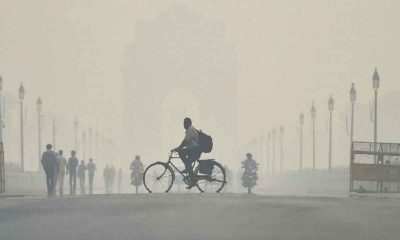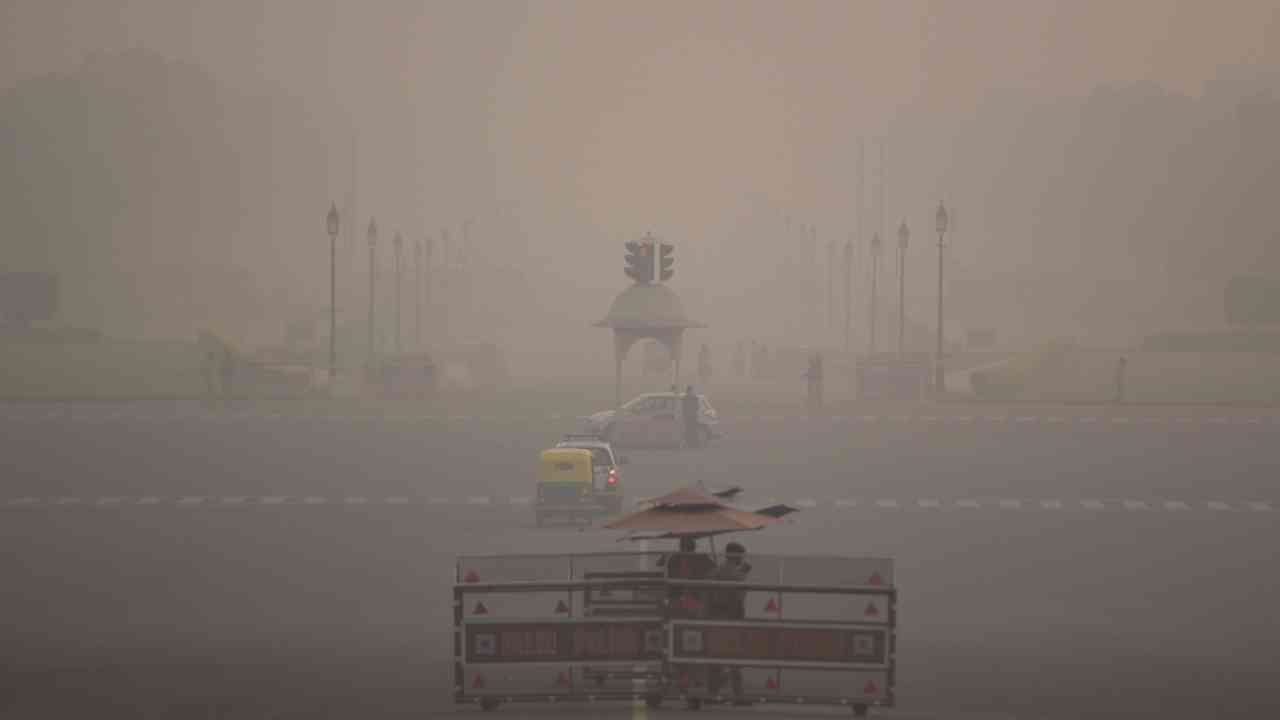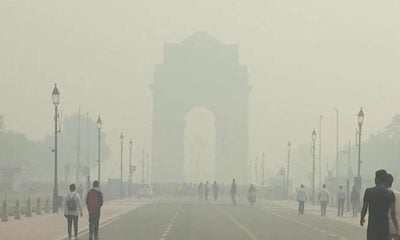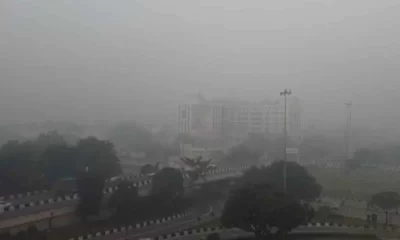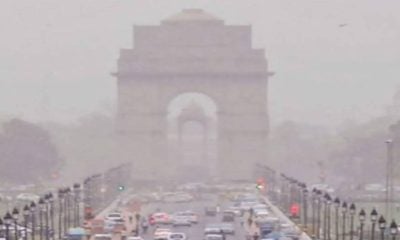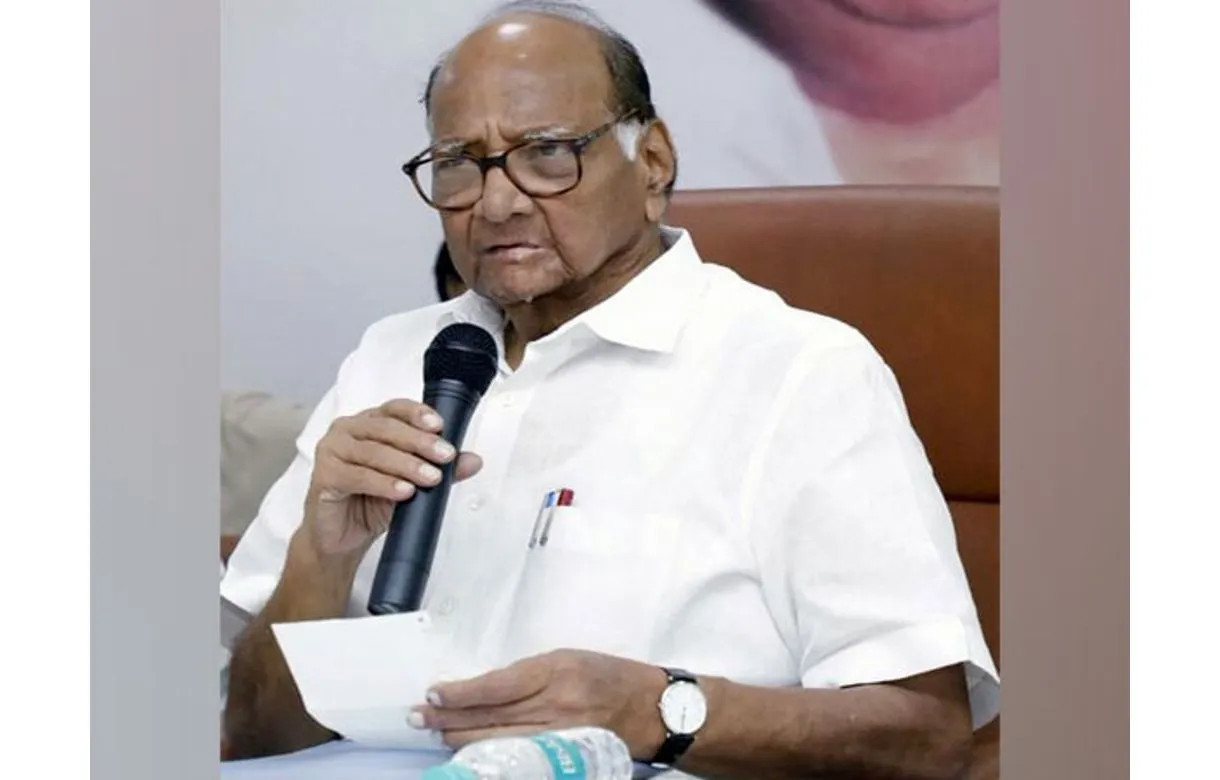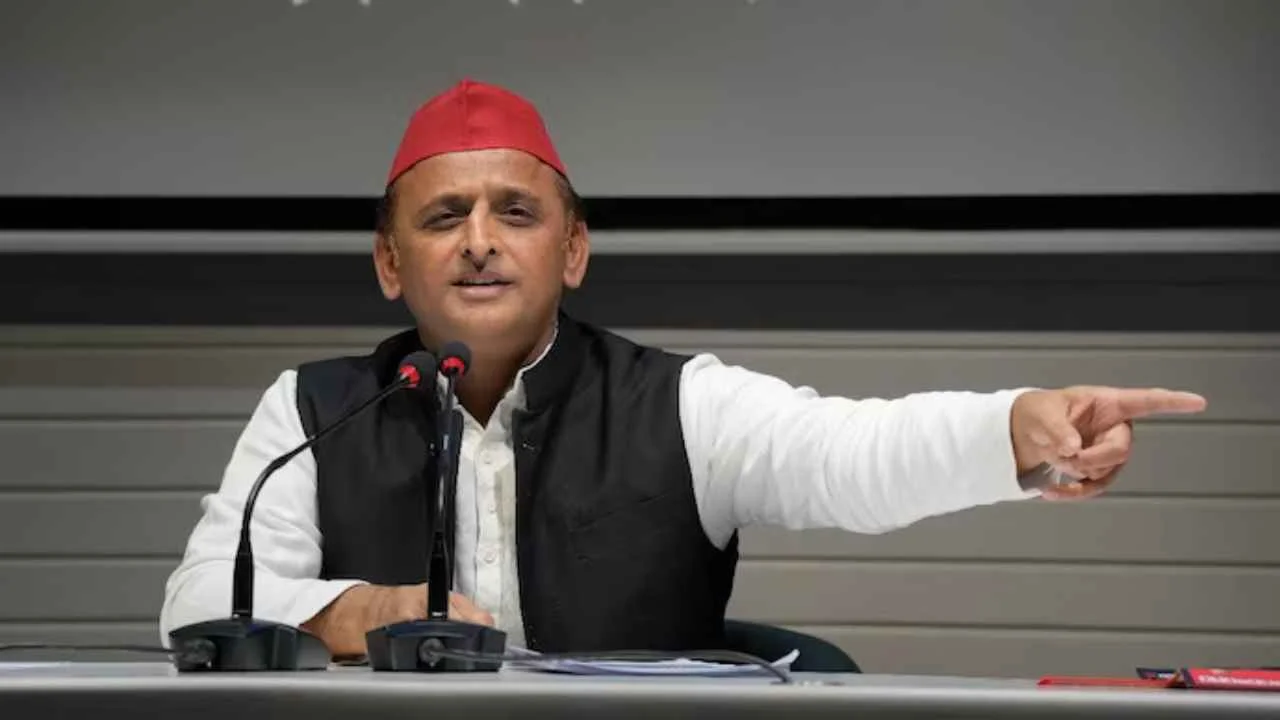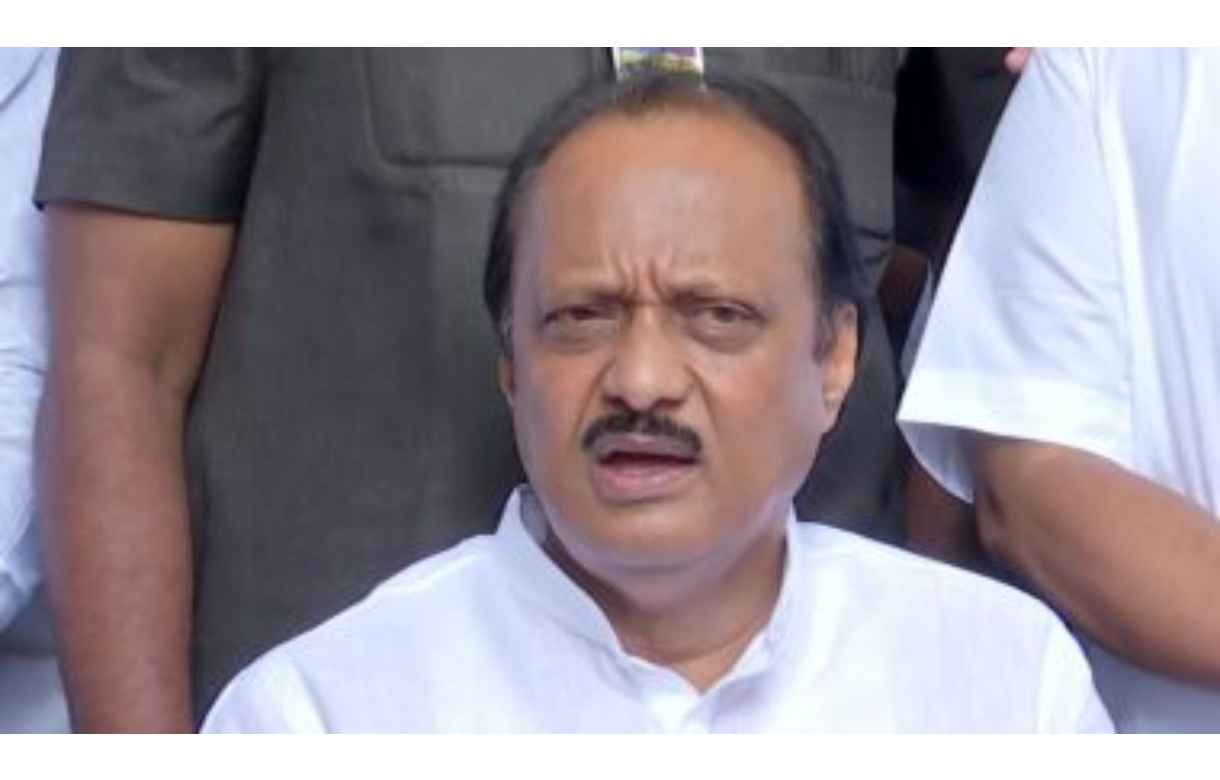India News
Delhi Air Quality Index (AQI) ‘Sever’ at 477; Children & senior citizens have been asked to minimize outdoor exposure

India News
No conspiracy behind Ajit Pawar plane crash, says Sharad Pawar
Sharad Pawar has dismissed conspiracy claims surrounding Ajit Pawar’s death, saying the plane crash near Baramati was a tragic accident with no political angle.
India News
Akhilesh Yadav says clarity needed on Ajit Pawar plane crash, backs Mamata Banerjee
Akhilesh Yadav backed Mamata Banerjee’s demand for a Supreme Court-monitored probe into the death of Maharashtra deputy chief minister Ajit Pawar, saying clarity was essential in such incidents involving senior leaders.
India News
Ajit Pawar dies in plane crash near Baramati airport
Maharashtra deputy CM Ajit Pawar dies in plane crash near Baramati; four others also killed.
-

 India News17 hours ago
India News17 hours agoMaharashtra Deputy CM Ajit Pawar’s chartered plane crash-lands in Baramati
-
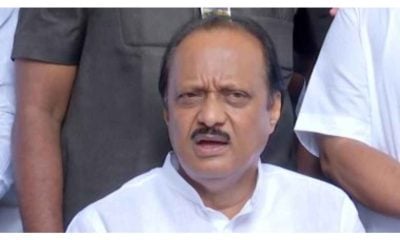
 India News16 hours ago
India News16 hours agoAjit Pawar dies in plane crash near Baramati airport
-
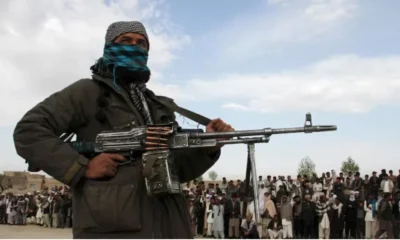
 Latest world news17 hours ago
Latest world news17 hours agoLashkar commander admits Hamas links, raises alarm over expanding terror nexus
-
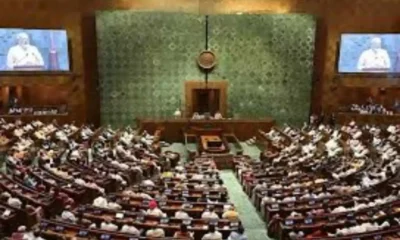
 India News17 hours ago
India News17 hours agoBudget session begins amid opposition push on Trump remarks, SIR and G RAM G Act
-

 India News16 hours ago
India News16 hours agoBJP president Nitin Nabin holds strategy meet in West Bengal ahead of assembly polls
-
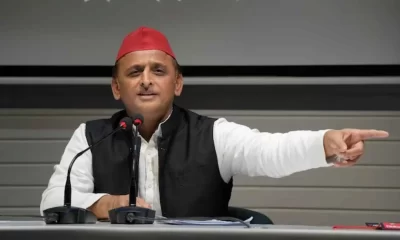
 India News7 hours ago
India News7 hours agoAkhilesh Yadav says clarity needed on Ajit Pawar plane crash, backs Mamata Banerjee
-
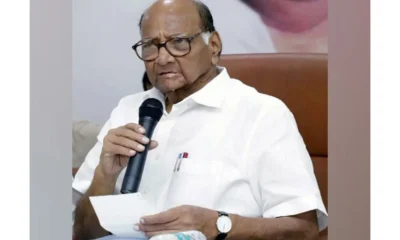
 India News7 hours ago
India News7 hours agoNo conspiracy behind Ajit Pawar plane crash, says Sharad Pawar

